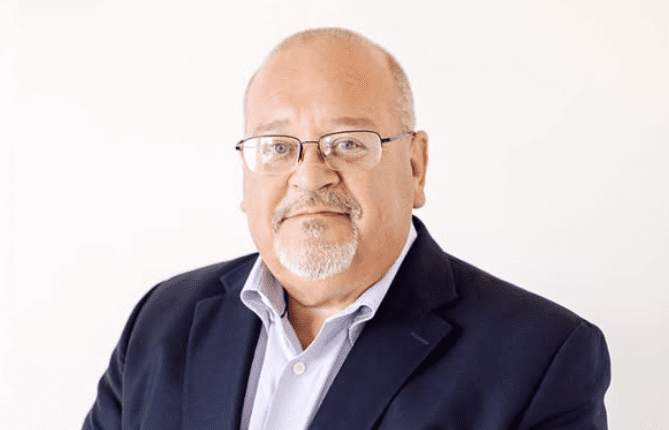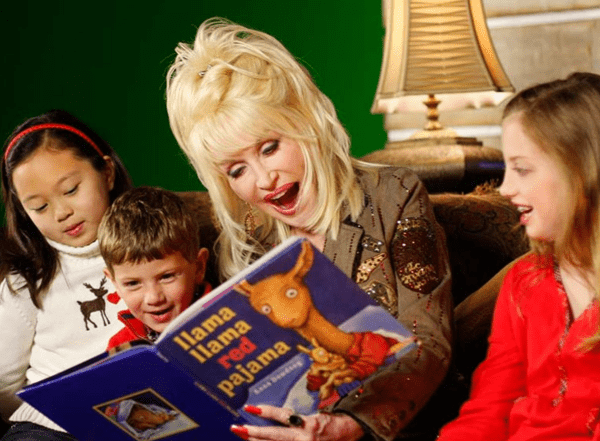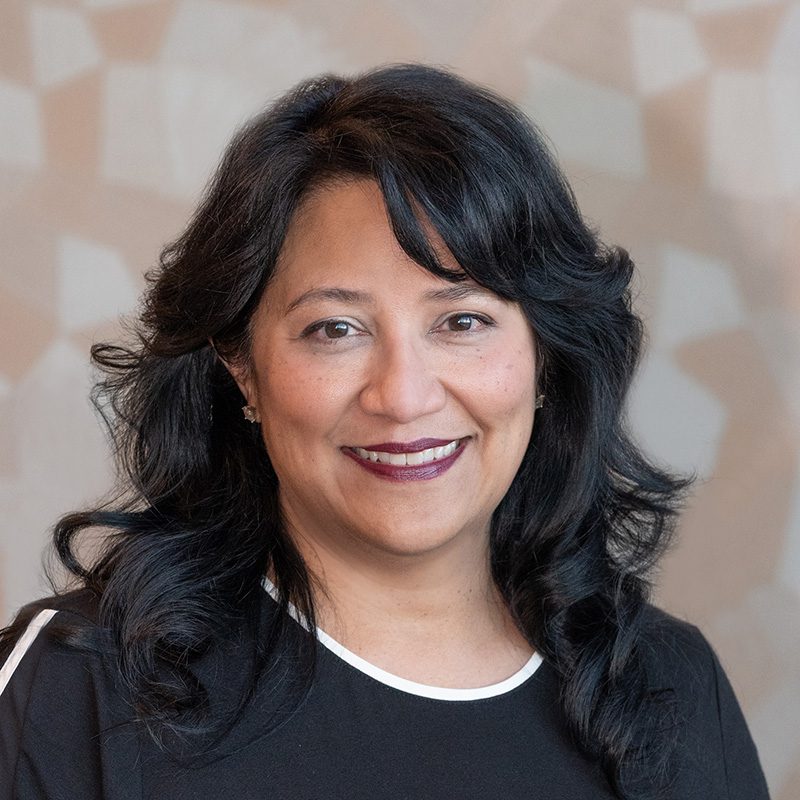
- Matt Friedeman says the unlikely path is paradoxically one of blessing.
‘Tis the season for graduations. And I have been to a few.
I have six kids who have graduated from high school and college; five of them have master’s degrees. Two have received their doctorates, and apparently, there are more to come. But here’s the real kicker—I have been a professor for 38 years, which has meant a bucket load of graduation ceremonies, pomp and circumstance, caps and gowns, and handing out diplomas. This kind of celebration has broad American roots – in the most recent speech I heard (this week in Virginia), a provost reported that 38 percent of Americans have college degrees, 13 percent have master’s degrees, and about 2 percent have doctorates.
Suffice it to say that many of us have sat through many such occasions and the accompanying speeches. Consider the words associated with these ceremonies. “Graduation,” for instance. That concept comes from the Latin gradus, meaning step. Graduation isn’t the end; it marks movement into the next phase of life and accomplishment. The focus of “commencement” is the beginning of a new endeavor more than the conclusion of the previous one. In other words, into the starting blocks; and when the last ceremonial word is spoken, grab your diploma and go!
The first college graduation in America was held in the mid-seventeenth century at Harvard, an institution initially established to train ministers: “Let every student be plainly instructed… to lay Christ in the bottom, as the only foundation of all sound knowledge and learning.”
Harvard has changed considerably since then, as has much of higher education, religious and otherwise. Perhaps the speeches given at these graduations reflect the root of the problem. Not just that they are frequently boring and, by the ones getting their degrees, unwanted. Even worse, many of these orations suggest you should “go for your dreams” and “boldly look to the future.”
When giving commencement speeches, I typically share a couple of counterintuitive thoughts. To be fair, they are almost never well-received and would be good fodder for the book a friend says I need to write: Why They Don’t Ask Me Back To Speak.
The points are these: 1) don’t pursue your dreams, and 2) don’t rely on your vision of the future.
“Go confidently in the direction of your dreams,” advises Henry David Thoreau. “Live the life you have imagined.” The problem with that approach is that many dreams of the young are short-sighted, put “self” in the center, and originate from a source that only tangentially, if at all, has to do with God. My suggestion? Crucify your dreams, go straight back to God and ask, What is Your will for the rest of my life? That path aligns with Jesus’ admonition to “Deny yourself, take up your cross and follow Me.”
As to facing the future—the ancient Hebrew concept of time introduces an interesting twist: they pictured themselves facing the past and backing into the future. Dennis Kinlaw puts it this way, relying on directional word studies: “Nobody ever marches face-forward into the future. Everybody stumbles backward into it. You see yesterday, but you don’t see tomorrow….The Israelites back into the future with their faces firmly fixed on the past.”
And so I tell grads when I get the chance, if you have to walk backwards into the future, it is best to learn the lessons of the past—biblically and experientially—and put your hand in the hand of God who, in fact, can see the future perfectly.
Give up your dreams, and step backwards (trusting God’s guidance) into the coming decades of your life. These are not popular themes.
But this unlikely path is paradoxically one of blessing.








